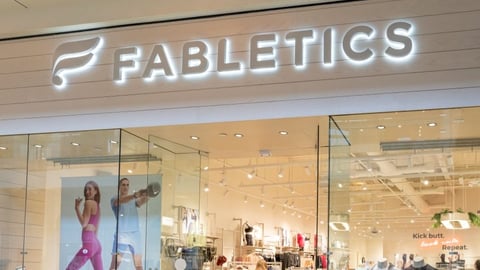CPGs Say Retailers Swinging Back To Old OTIF Expectations
Retailers are returning to their pre-pandemic service expectations, according to new research from McKinsey & Company, presenting challenges for consumer goods companies navigating the inflationary environment.
Up to 85 percent of CPG companies said they’ve had a core retail customer change their delivery dates from “requested” to “scheduled” or “committed,” the consultancy found in a recent survey. What’s more, 63 percent reported retailers crunching delivery windows and raising non-compliance fines, hardening their on-time and in-full (OTIF) requirements, while 80 percent said retailers changed OTIF requirements in other ways in the last 12 months.
To circumvent these challenges while maintaining margins, McKinsey offers two pieces of advice:
1. Understand the true cost of meeting retailers’ service expectations.
2. Ensure prices reflect the extra costs built into these demands, including complex order requirements and elevated customer service.
It’s this second piece of advice where most of the CPGs were found to be struggling: Just 17 percent of respondents in McKinsey’s survey said they’re recovering more than 75 percent of the true cost to serve.
While consumer goods companies may be concerned of alienating their blue chip retail partners, such fears may be unfounded, the report’s authors note.
“Our survey suggests that a greater focus on collaboration and the pursuit of win–win solutions is a welcome consequence of COVID-19 practices. Some 80 percent of respondents told us that they were involved in new supplier-collaboration programs and that most retailers were seeking implementation in three to six months,” states Shruti Lal, partner, and Colin Regnier, associate partner.
Earning the Right for Real Collaboration
For manufacturers like Newell Brands, marrying the brand’s value to the consumer with its retail partner customer service levels are more important than ever, Steve Sigrist, VP of customer service, shared recently with CGT. Drawing from pandemic lessons, Sigrist pointed to investing in the people who “actually get things done” — e.g., the customer service reps on the front lines of interacting with their retailers — as being critical.
This means equipping employees with the capabilities to be intentional about tying in retailers’ needs with what’s occurring in the marketplace.
“Whenever we've equipped our people to get stronger, to get better, to be more in tuned in and empathize with what our retailers are expecting, we've had success there. At the same time, that builds relationships with those retailers, and those retailers will be more forthcoming with you on what they're seeing,” noted Sigrist. “You've got to earn the right to have those conversations. It's not always forthcoming. You gotta go pull it out a little bit.
“Looking back, I wish some of the efforts that we're doing here would have been a core mission 10,15 years ago, because we’d have even stronger relationships than we have right now.”
Indeed, the pandemic resulted in many companies developing their digital competencies and deepening investments, and these benefits are now coming to fruition. More than half of respondents in McKinsey’s survey said their supply chains can handle e-commerce challenges (see chart above), which said this is an increase over previous surveys.
Read more details from the survey here.






